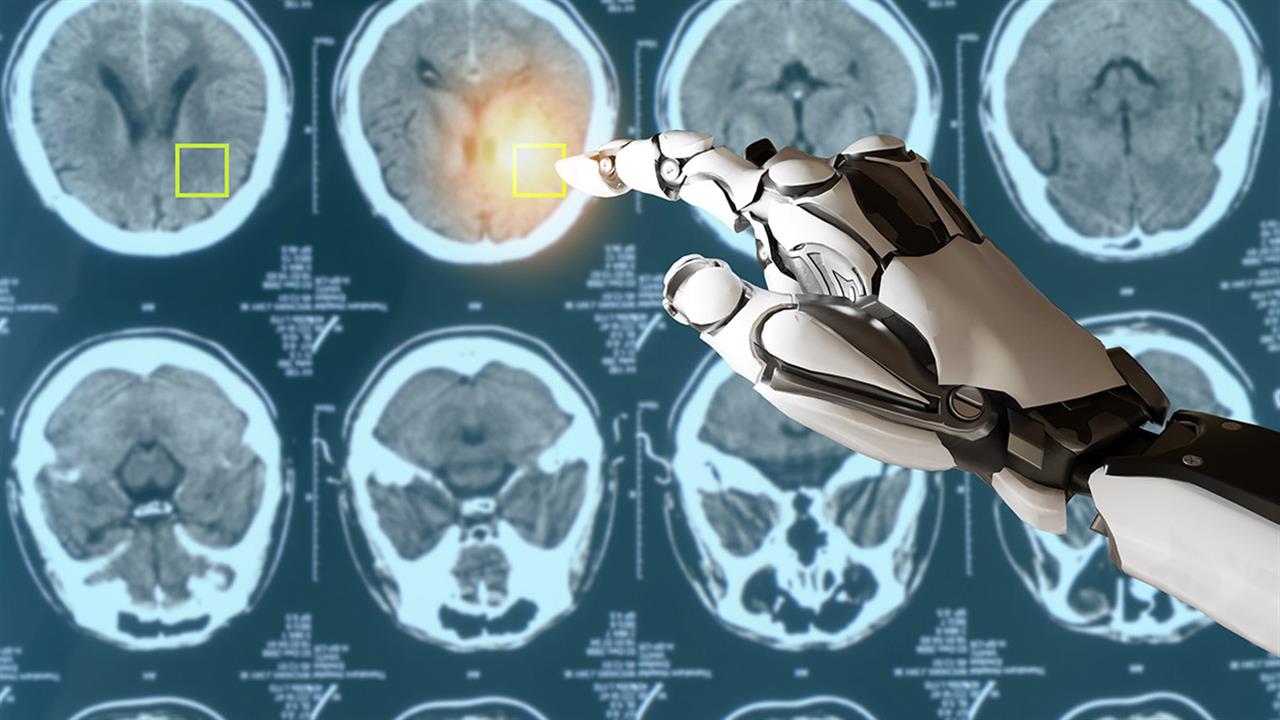
AI Revolutionizes Medical Diagnosis with Advanced Image AnalysisAI Revolutionizes Medical Diagnosis with Advanced Image Analysis Artificial Intelligence (AI), with its advanced image analysis capabilities, is transforming the medical field. By leveraging deep learning algorithms and massive datasets, AI systems can now analyze complex medical images, providing accurate and efficient diagnoses. Early Detection and Disease Prediction: AI algorithms can identify subtle patterns and anomalies in medical images that may be missed by the human eye. This enables early detection of diseases like cancer and cardiovascular disorders, allowing for timely interventions and improving patient outcomes. Personalized Treatment Plans: AI can analyze individual patient data, including medical images, genetic profiles, and lifestyle factors, to create personalized treatment plans. This individualized approach optimizes therapies, reduces side effects, and improves overall patient experiences. Improved Efficiency and Accuracy: AI systems offer significant time and cost savings. They can process vast amounts of medical images rapidly and consistently, eliminating the need for manual analysis by radiologists. This increases throughput, reduces human error, and frees up healthcare professionals for more critical tasks. Applications in Various Medical Fields: AI-powered image analysis is widely used in various medical specialties, including: * Neurology: Detecting brain tumors, stroke lesions, and Alzheimer’s disease. * Cardiology: Identifying heart abnormalities, such as coronary artery disease and pericardial effusions. * Pulmonology: Diagnosing lung diseases, including pneumonia and lung cancer. * Radiology: Enhancing medical imaging interpretation, reducing the need for invasive procedures. Challenges and Future Directions: While AI has significant potential in medical diagnosis, it also presents challenges, such as bias and data privacy. Ongoing research is aimed at addressing these concerns and exploring new ways to integrate AI into clinical practice. Conclusion: The AI revolution in medical diagnosis is empowering healthcare professionals with powerful tools to detect diseases earlier, personalize treatments, and improve patient outcomes. As AI continues to evolve, it holds immense promise for transforming the future of healthcare.
Posted inNews